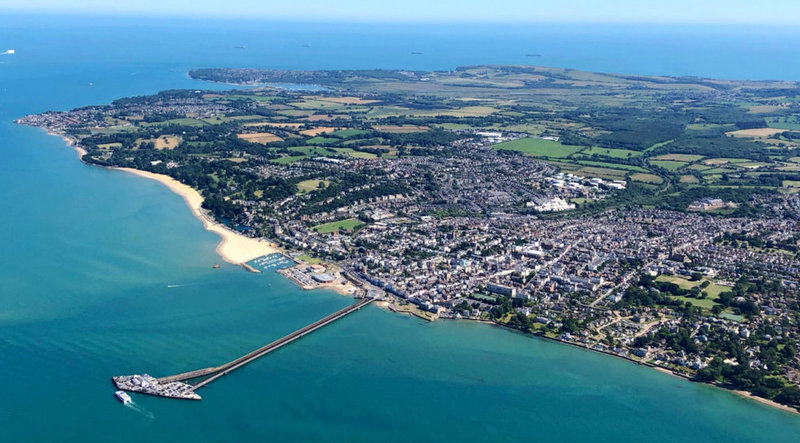
A hub dedicated to reducing hospital backlogs caused by COVID is coming to the Isle of Wight, the Government has announced.
Usually based in community settings such as shopping centres and football stadiums, community diagnostic centres (CDC) are designed to speed up diagnosis of conditions from cancer, to heart or lung disease.
The Island is one of ten new centres set to be rolled out across the country as part of a £2.3 billion project.
It's not yet known where the Island's centre will be based.
The hubs are said to house a range of cutting-edge equipment, including MRI, CT, X-ray and ultrasound scanners. They will offer services including blood tests or heart rhythm and blood pressure monitoring.
Health and Social Care Secretary Thérèse Coffey said:
"My number one priority is delivering for patients and we’re getting on with the job of tackling the issues that affect people most - ambulances, backlogs, care, doctors and dentists.
"Today I’m announcing the approval of 10 new community diagnostic centres which are helping to bust the Covid backlogs by delivering vital tests, checks and scans in local areas.
"They have delivered over two million checks over the past year, diagnosing conditions from cancer to lung disease – and we’re on track to open up to 160 centres across the country by 2025, delivering an additional 17 million checks."
Once referred by a GP, pharmacist or hospital, patients can access CDCs in their local area and get any concerning symptoms checked out.
Reacting to the news, Isle of Wight MP Bob Seely said:
"Great news that the Conservative Government has given the green light to the Isle of Wight community diagnostic centre, enabling Islanders to access earlier diagnostic tests closer to home.
"I’ll work with others to ensure we get this new centre in place as quickly as possible."
NHS medical director for transformation, Vin Diwakar, said:
"It is testament to the hard work of staff across the NHS that we have now delivered more than two millions tests and checks at our one stop shops and latest figures show we have the lowest number of patients waiting for tests and checks since we published our elective recovery plan in February.
"We know that rapid diagnosis saves lives, and it is great news that more of these centres have been approved to provide checks and scans in the heart of local communities, making services more accessible and convenient while also helping to improve outcomes for patients with cancer and other serious conditions."


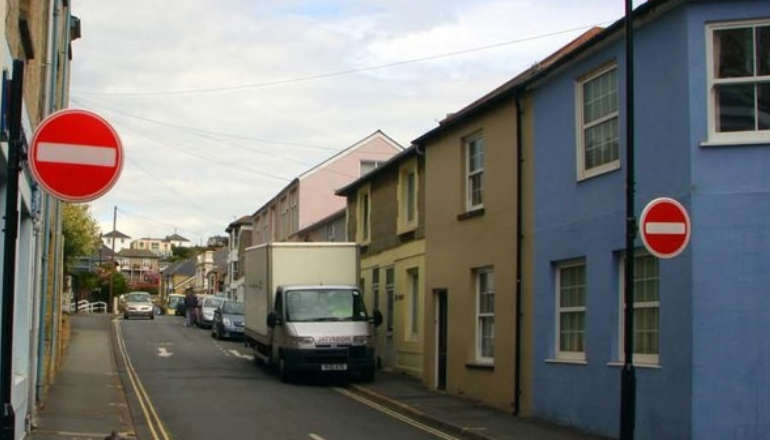 Three Arrested Following Reports Of Woman In Possession Of Firearm In Ventnor
Three Arrested Following Reports Of Woman In Possession Of Firearm In Ventnor
 Isle Of Wight Donkey Sanctuary Welcomes 12 New Animals To Its Herd
Isle Of Wight Donkey Sanctuary Welcomes 12 New Animals To Its Herd
 Introduction Of Second Homes Premium – What You Need To Know
Introduction Of Second Homes Premium – What You Need To Know
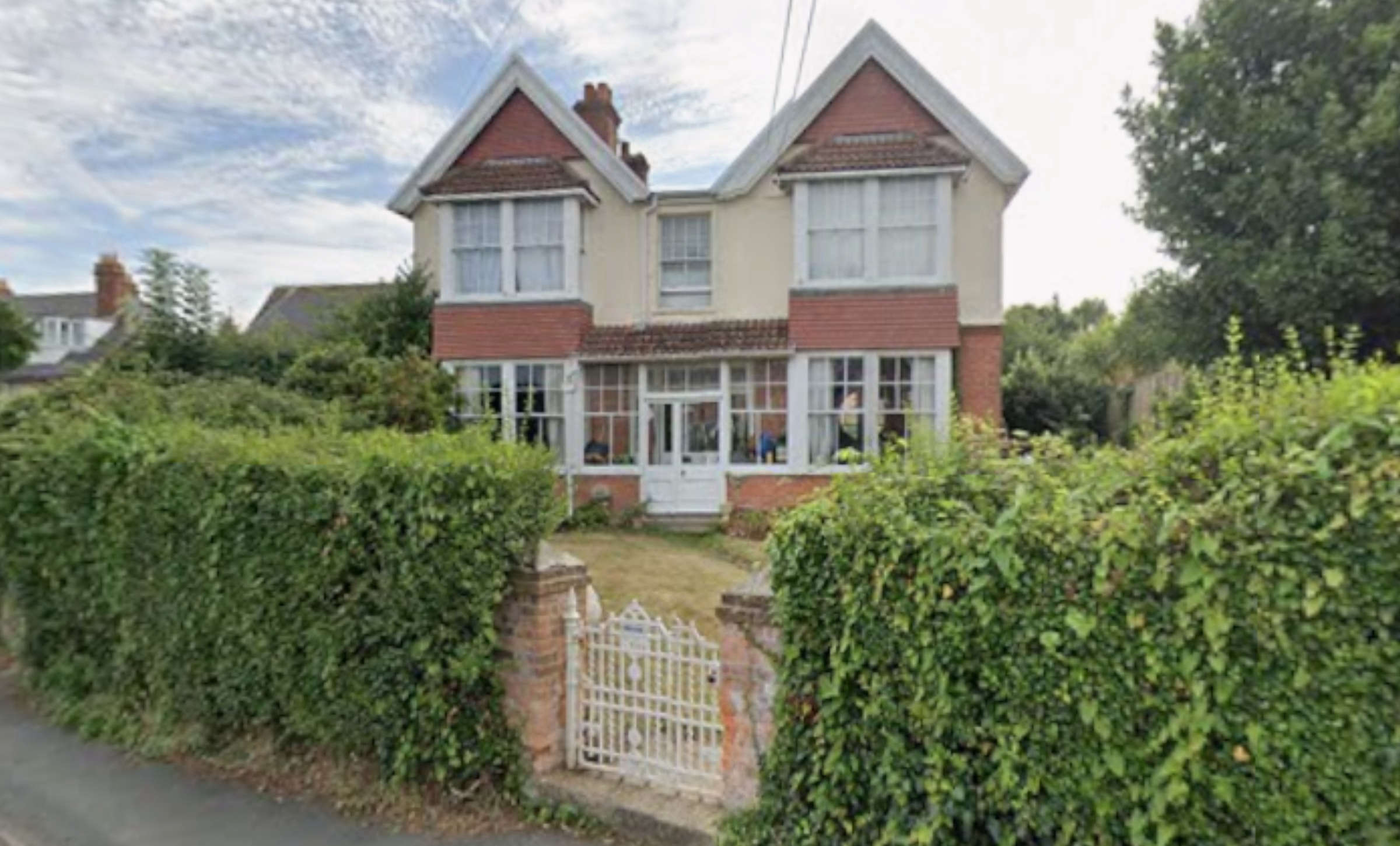 Large Villa-Style Property Could House Four New 'Starter Homes' In Totland
Large Villa-Style Property Could House Four New 'Starter Homes' In Totland
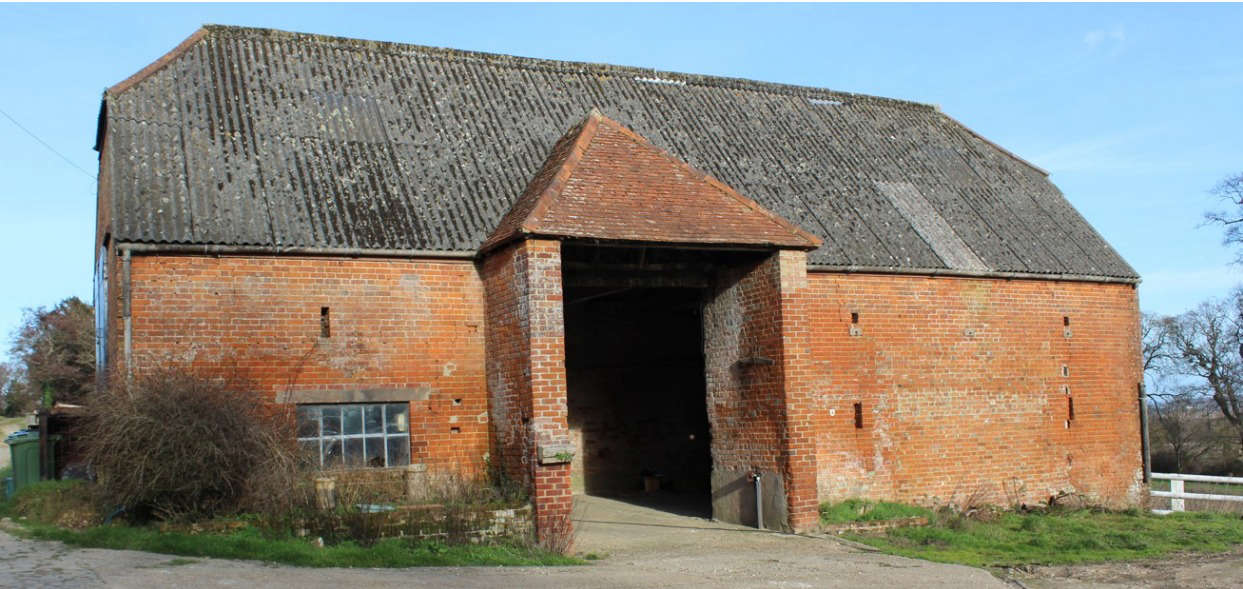 Dutch Braai Restaurant And Weddings Venue: New Plans Revealed For Disused Barns
Dutch Braai Restaurant And Weddings Venue: New Plans Revealed For Disused Barns
 Wave Of Acts Announced For Isle Of Wight Festival 2025
Wave Of Acts Announced For Isle Of Wight Festival 2025
 Discontent With Island Health And Social Care Services On The Rise Again — Report
Discontent With Island Health And Social Care Services On The Rise Again — Report
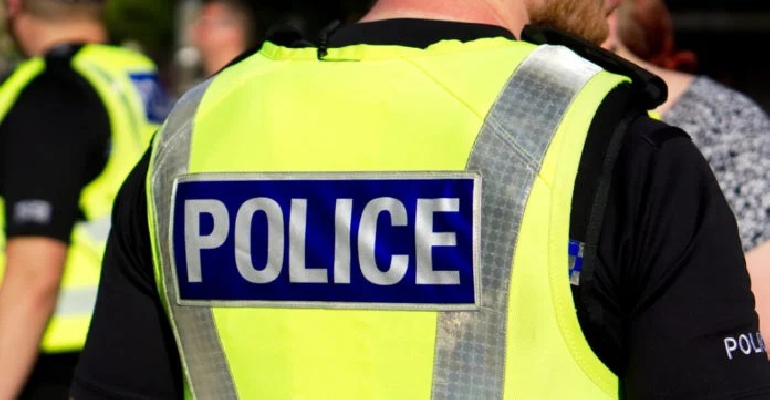 Investigation Underway Following Death Of 28 Year-Old Man In Ryde
Investigation Underway Following Death Of 28 Year-Old Man In Ryde
 Former Ventnor Care Home Could Be Turned Into 'High Quality Housing'
Former Ventnor Care Home Could Be Turned Into 'High Quality Housing'
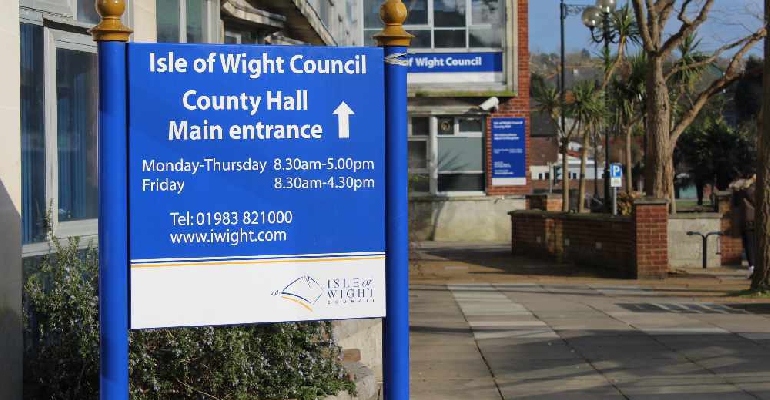 Isle Of Wight Council Fighting To Maintain Status Quo In Face Of Local Government Reorganisation Plans
Isle Of Wight Council Fighting To Maintain Status Quo In Face Of Local Government Reorganisation Plans
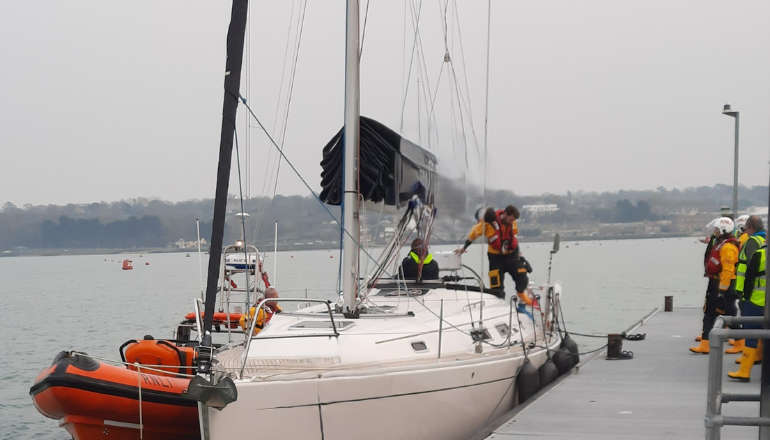 Cowes Lifeboat Team Saves The Day With Rescue Of Crippled Yacht
Cowes Lifeboat Team Saves The Day With Rescue Of Crippled Yacht
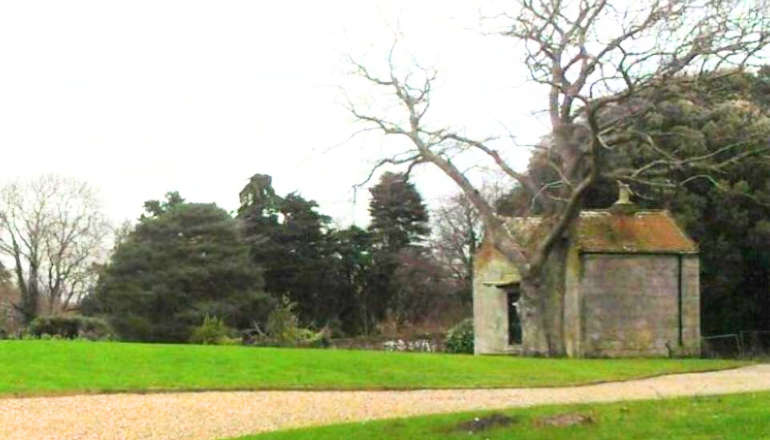 Historic Shanklin Summerhouse To Be Converted Despite Local Opposition
Historic Shanklin Summerhouse To Be Converted Despite Local Opposition
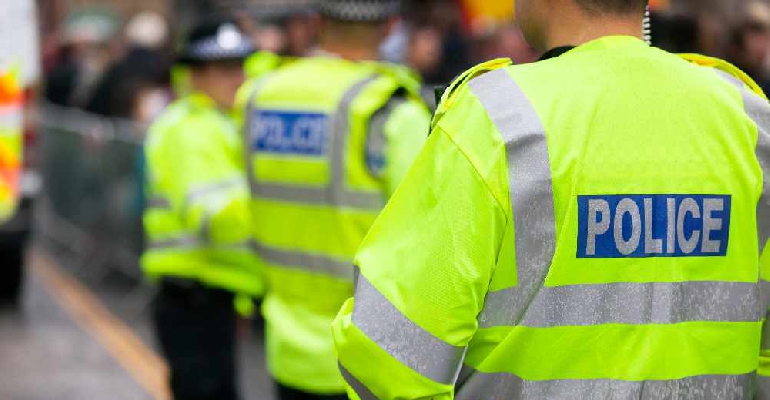 Teenagers In Drug Arrest Following Coppins Bridge Police Pursuit
Teenagers In Drug Arrest Following Coppins Bridge Police Pursuit
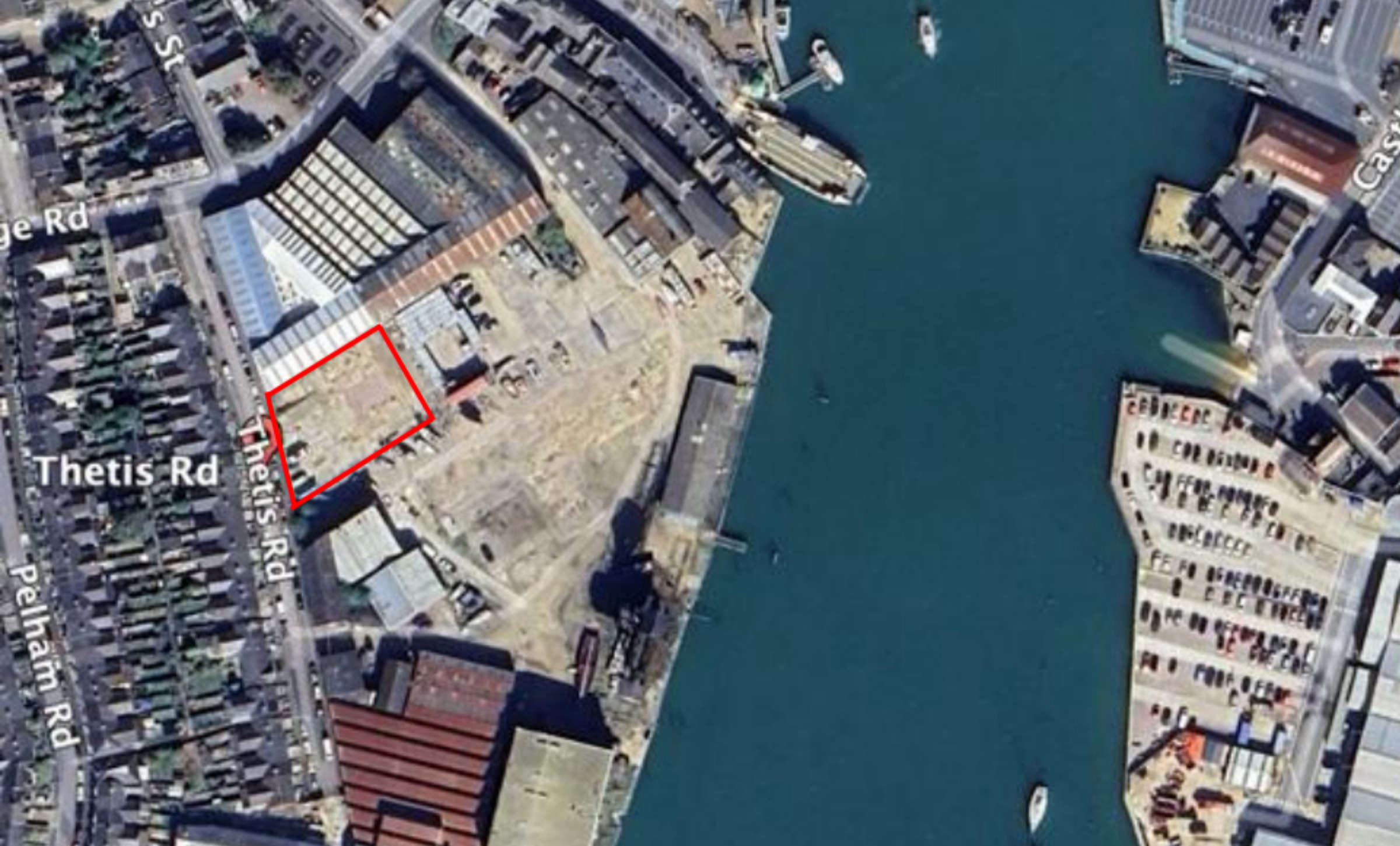 New Warehouse Could 'Support Expanding Companies' And 'Deliver Islander Employment Opportunities
New Warehouse Could 'Support Expanding Companies' And 'Deliver Islander Employment Opportunities
 Tax Breaks Could Be Set To End For Isle Of Wight Private Schools
Tax Breaks Could Be Set To End For Isle Of Wight Private Schools
 Hundreds Attend Island’s Careers, Jobs And Apprenticeships Fair
Hundreds Attend Island’s Careers, Jobs And Apprenticeships Fair
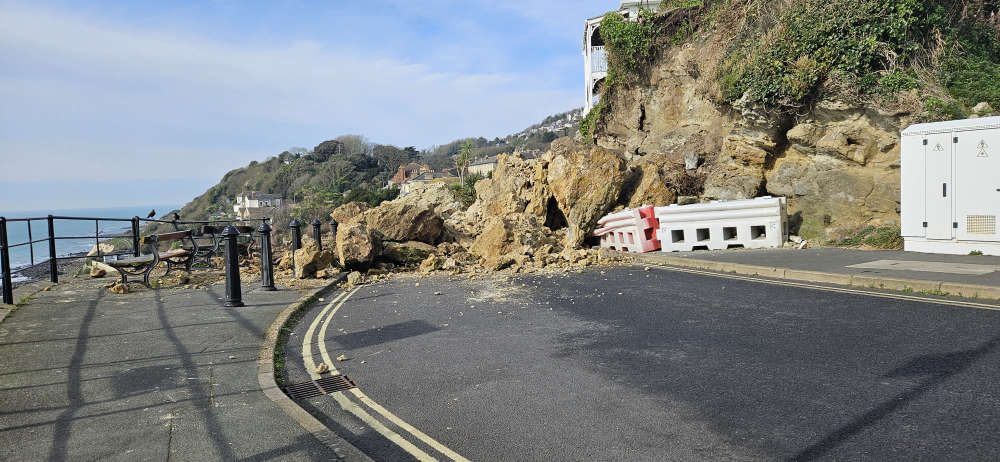 What A Mess — Timeline Of Ventnor Road Repairs In Limbo Following Latest Collapse
What A Mess — Timeline Of Ventnor Road Repairs In Limbo Following Latest Collapse
 Police Pursuit Sees Man End Up In River Medina
Police Pursuit Sees Man End Up In River Medina
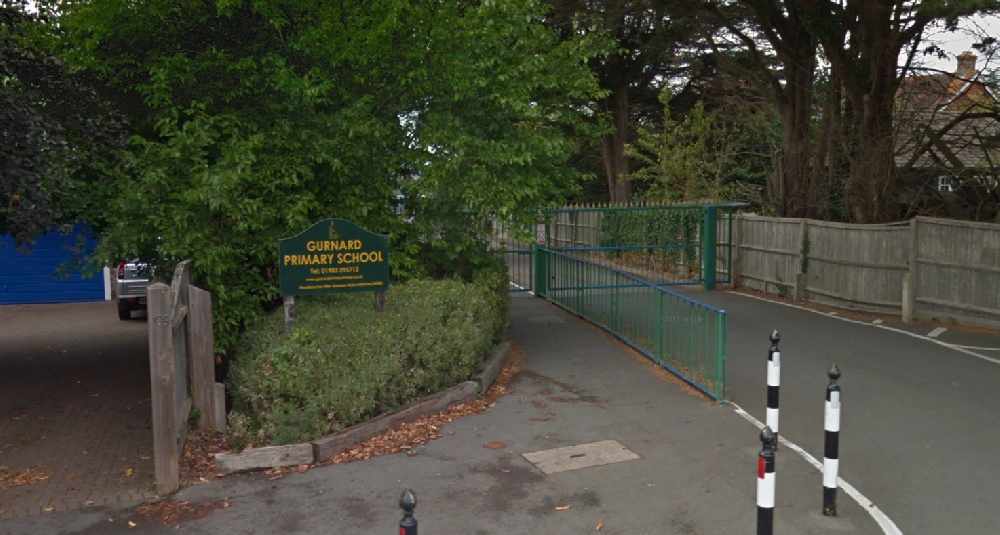 Gurnard Primary School Shines In Latest Ofsted Inspection
Gurnard Primary School Shines In Latest Ofsted Inspection
 Education Cabinet Member Urges Deferral Of School Closures Decision
Education Cabinet Member Urges Deferral Of School Closures Decision


